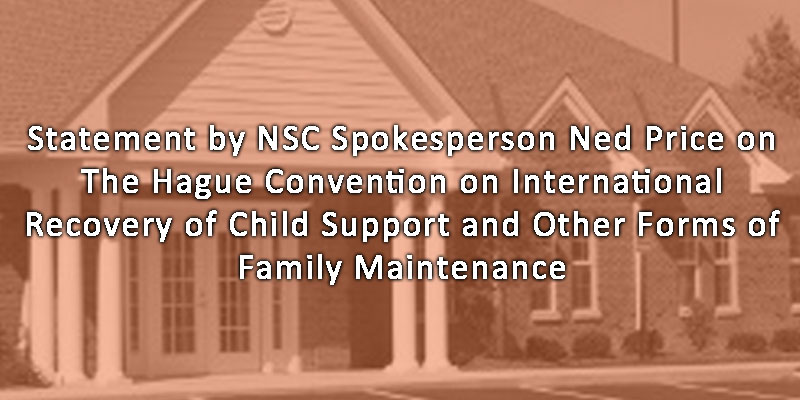New Changes to the Ohio Child Support Statute
December 22, 2012New Changes to the Ohio Child Support Statute
December 22, 2012Recently our firm was required to obtain a certified copy of an Ohio divorce decree so that it could be used in divorce proceedings in India. The process of obtaining a certified copy of a divorce decree which can be used in international matters is the process whereby the Ohio Secretary of State issues an Apostilles. The following is a reprint from the Web Site of the Ohio Secretary of State which outlines the purpose of an Apostilles and it is use in international matters. Since the United States is a signatory to various conventions within the Frame work of the Hague it is important to be familiar with the use of Apostilles and how the Secretary of State issues a Apostilles. Here is the reprint from the Ohio Secretary of State:
“One of the functions of the Secretary of State is to issue Apostilles and Authentications. When certain public documents are to be used in a foreign country, they are required to be certified. This certification, also called an authentication or apostille, validates official signatures. Some common examples of documents that require an authentication or Apostille for international use are business documents (bylaws, articles of incorporation, good standing certificates), adoption paperwork (home studies, letters of reference) and education documents (diplomas, transcripts).
An apostille is a certificate issued by our office for all documents going to countries that are members of the 1961 Hague Convention. Since not all countries are members of the Hague Convention, it is important that you list the country to which your documents are going. With the certification of the apostille, the document is entitled to recognition in the country of intended use, and no additional authentication or legalization is required. For a list of countries that accept the Apostille, please visit the official Web site of Hague Convention.
If the country is not part of this convention, it receives a gold seal certification. In order to be accepted by non-member nations, additional steps may need to be taken. For additional information on U.S. authentications visit the U.S. Department of State, Office of Authentication.
What are the effects of an Apostille?
An Apostille only certifies the origin of the public document to which it relates: it certifies the authenticity of the signature or seal of the person or authority that signed or sealed the public document and the capacity in which it was done.
An Apostille does not certify the content of the public document to which it relates. Apostilles are not grants of authority and do not give any additional weight to the content of underlying documents. An Apostille may never be used for the recognition of a document in the country where that document was issued – Apostilles are strictly for use of public documents abroad. Apostilles will not be issued for documents intended for use within the United States.
What is a Public Document that may receive an Apostille?
The Hague Convention provides that the following are public documents:
Documents issued by a court or tribunal;
Administrative documents such as civil registry records or office of vital records regarding birth, death, marriage, etc.;
Notarial acts (notarized documents);
“Official certificates which are placed on documents signed by persons in their private capacity, such as official certificates recording the registration of a document or the fact that it was in existence on a certain date and official and notarial authentications of signatures.”






